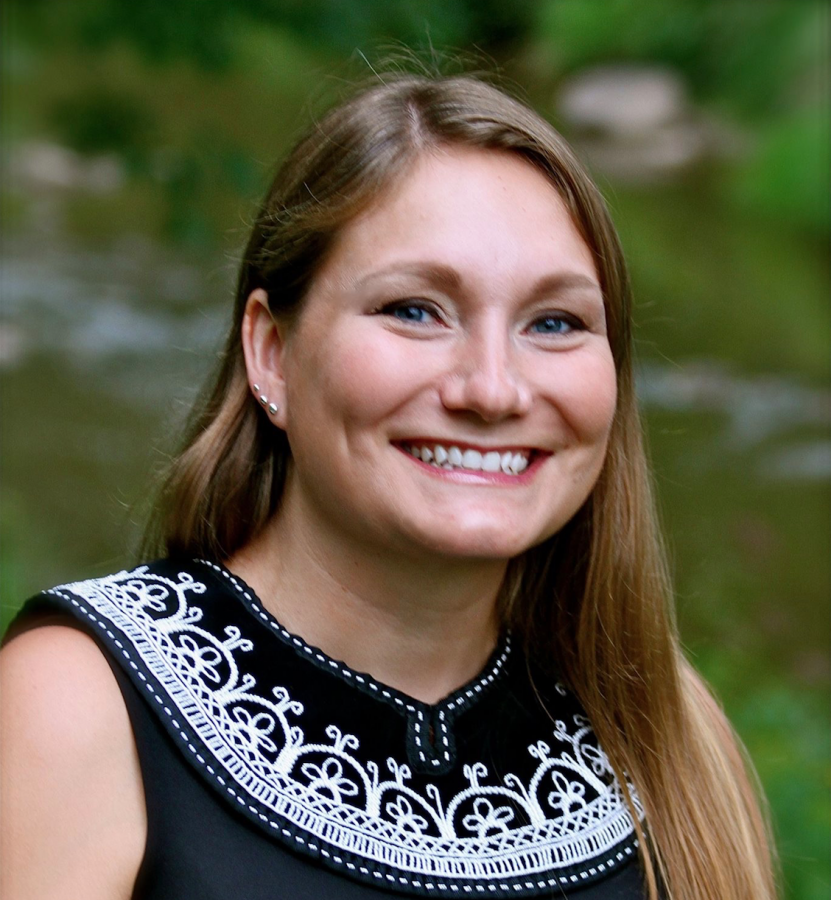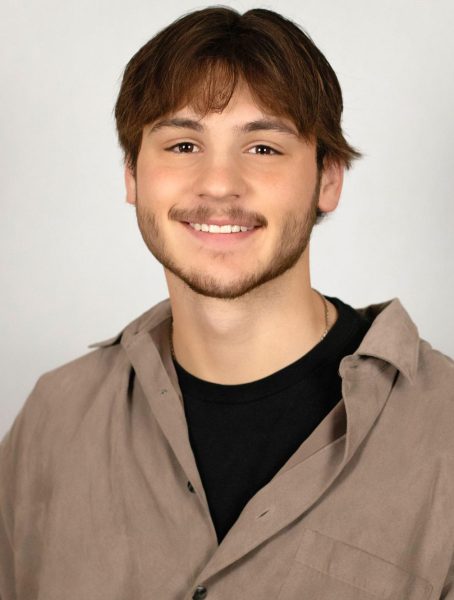Keynote speaker for Indigenous Peoples’ Day to speak about seed keeping, healing
Courtesy of the Native American Student Association
HEALING WITH FOOD – Rebecca M. Webster is the keynote speaker for this year’s Indigenous Peoples’ Day and will be talking about the importance of seed keeping and Indigenous food sovereignty as it relates to healing for Indigenous people. Her talk will open the evening ceremony at 6 p.m.
October 8, 2021
For Rebecca M. Webster, every day is Indigenous Peoples’ Day. Every day is focused on remembering her roots and reconnecting with her ancestors.
“We embrace who we are and recognize that the things that we are able to do, out loud, and in the open, are things that our grandparents couldn’t do,” said Webster. “By recognizing that the things that make us unique and hold our cultural identity, are things that we want to make a part of our everyday lives.”
Indigenous Peoples’ Day is a holiday that celebrates the Indigenous ways of life. It was meant to honor Native American culture and history and the specific theme chosen by the Native American Student Association for this years’ celebration is healing.
Webster is the keynote speaker for NMU’s Indigenous Peoples’ Day celebration, hosted by NASA. Webster is a member of the Oneida Tribe in Wisconsin, has a PhD in public policy and is an assistant professor at the University of Minnesota Duluth.
Before becoming an assistant professor, Webster worked as an attorney on intergovernmental relationships and land use issues.
“I feel kind of bad that I didn’t switch sooner. I really, really love my career,” said Webster.
Webster will give her presentation on healing and Indigenous food sovereignty virtually on Indigenous Peoples’ Day, Monday, Oct. 11.
Her address will be the first event for the evening ceremony which will begin at 6 p.m. in Whitman Commons. After her talk, Webster will answer questions from the live audience and those watching online.
An in-person discussion panel and open mic will follow Webster’s keynote talk at the evening ceremony.
For her speech, Webster plans to talk about seed keeping, or the food sovereignty movement.
Seed keeping is about Indigenous people reclaiming their agricultural practices and reconnecting with their Indigenous and traditional seeds which may have been lost, and growing them on their own terms again.
There have been people that have held the seeds and cared for them, but those whose families have lost that connection are able to reestablish those connections with their own seeds. This is a growing practice where more and more people are planting their seeds, said Webster.
“It’s mostly just about healing from our historical trauma,” said Webster. “Recognizing that our seed relatives have been with us the whole time.”
The Oneida tribe has a philosophy about not selling their seeds because they do not want to attach a monetary value to something as precious as seeds.
Seed holders have traded for things such as haircuts, singing lessons and going into the woods to teach how to find medicines, said Webster.
“We think that putting a dollar on that is really disempowering to people because they think the only thing they have of value to be able to contribute is money,” said Webster.
One of the ways that Indigenous healing can start is by creating a space for Indigenous people to be able to share their stories and accurately teach their history. The misrepresentation and skewed perception of reality gives people a misunderstanding of why things are the way they are today, said Webster.
“It’s not a coincidence that there’s a whole history that goes on to describe why that happened and I think that history is not being told,” said Webster. “Until you know the history, I don’t know that we’re really in a position to be able to move forward and find ways to heal from that and fix it.”


























